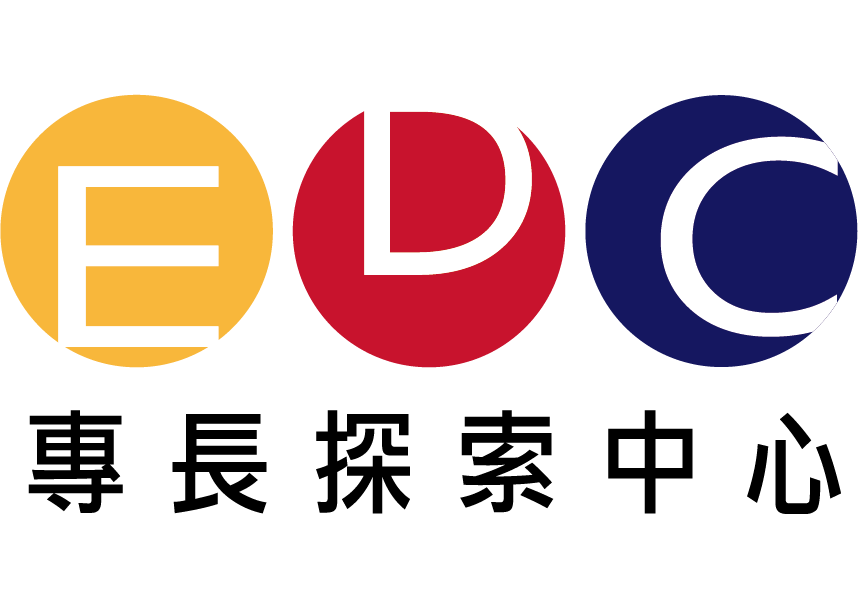未分類
Version Control Systems: Code Management and Collaborative Development
Introduction
In today’s software development landscape, version control systems (VCS) have become an essential tool for managing code, facilitating collaboration, and ensuring reproducibility. A VCS allows developers to track changes made to their codebase over time, making it easier to collaborate with others, manage conflicts, and maintain a record of changes. This article will delve into the world of version control systems, exploring their importance, types, benefits, and best practices for using them effectively.
What is Version Control?
Version control is a system that https://yabbycasinonz.com/ helps developers manage different versions of a codebase by tracking changes made over time. It allows multiple developers to work on the same project simultaneously, ensuring that each developer’s changes are recorded and can be merged or reverted if necessary. A VCS provides a centralized repository for storing code changes, which can be accessed and updated by all team members.
Types of Version Control Systems
There are several types of version control systems available, each with its own strengths and weaknesses:
- Centralized Version Control : In this model, the central repository is the single point of truth. All developers check out a copy of the codebase from the central repository, make changes, and then commit those changes back to the central repository.
- Distributed Version Control : In this model, each developer has their own local repository that mirrors the central repository. Changes can be committed locally and then pushed or pulled from other repositories.
Some popular VCS options include:
- Git : A distributed VCS that is widely used in open-source development and enterprise environments.
- Subversion (SVN) : A centralized VCS that was widely adopted before Git became popular.
- Mercurial : Another distributed VCS that is known for its speed and ease of use.
Benefits of Version Control
Implementing a version control system offers numerous benefits, including:
- Collaboration : Multiple developers can work on the same project simultaneously without conflicts.
- Code Management : Changes are tracked and recorded, making it easy to revert or merge changes.
- Backup : The VCS repository serves as a backup of the codebase in case of data loss or corruption.
- Reproducibility : Development environments can be easily replicated, ensuring that everyone is working with the same code.
Best Practices for Using Version Control
To get the most out of your version control system, follow these best practices:
- Use meaningful commit messages : Describe the changes made in each commit to facilitate review and debugging.
- Branch frequently : Create branches for new features or bug fixes to keep the mainline codebase clean.
- Merge regularly : Merge changes from one branch to another to avoid conflicts and ensure that all developers have the latest code.
- Use tags and labels : Use tags and labels to mark important milestones, releases, or hotfixes.
Collaborative Development with Version Control
Version control systems are designed to facilitate collaborative development. Here’s how they work:
- Initial setup : The team sets up a shared repository on a VCS like Git or SVN.
- Checking out code : Developers check out a copy of the codebase from the central repository using the VCS client software (e.g., Git Bash, SVN Client).
- Making changes : Each developer makes changes to their local copy of the code and commits those changes back to the central repository.
- Merging changes : The team merges changes from one branch to another to keep the mainline codebase up-to-date.
Challenges and Limitations
While version control systems offer numerous benefits, there are some challenges and limitations to consider:
- Learning curve : It may take time for developers to learn how to use a VCS effectively.
- Conflicts : Conflicts can arise when multiple developers modify the same code simultaneously.
- Data loss : In rare cases, data loss can occur if the central repository is not properly backed up.
Conclusion
Version control systems are an essential tool for managing code, facilitating collaboration, and ensuring reproducibility. By understanding the types of VCS options available, their benefits, and best practices for using them effectively, development teams can unlock the full potential of collaborative development. Whether you’re working on a small project or a large-scale enterprise software development initiative, a well-implemented version control system will help you manage code changes, reduce conflicts, and deliver high-quality software products efficiently.
